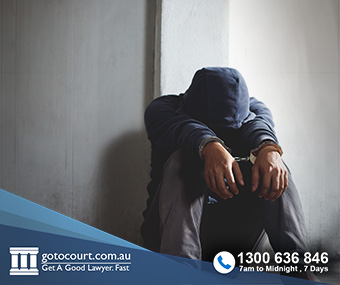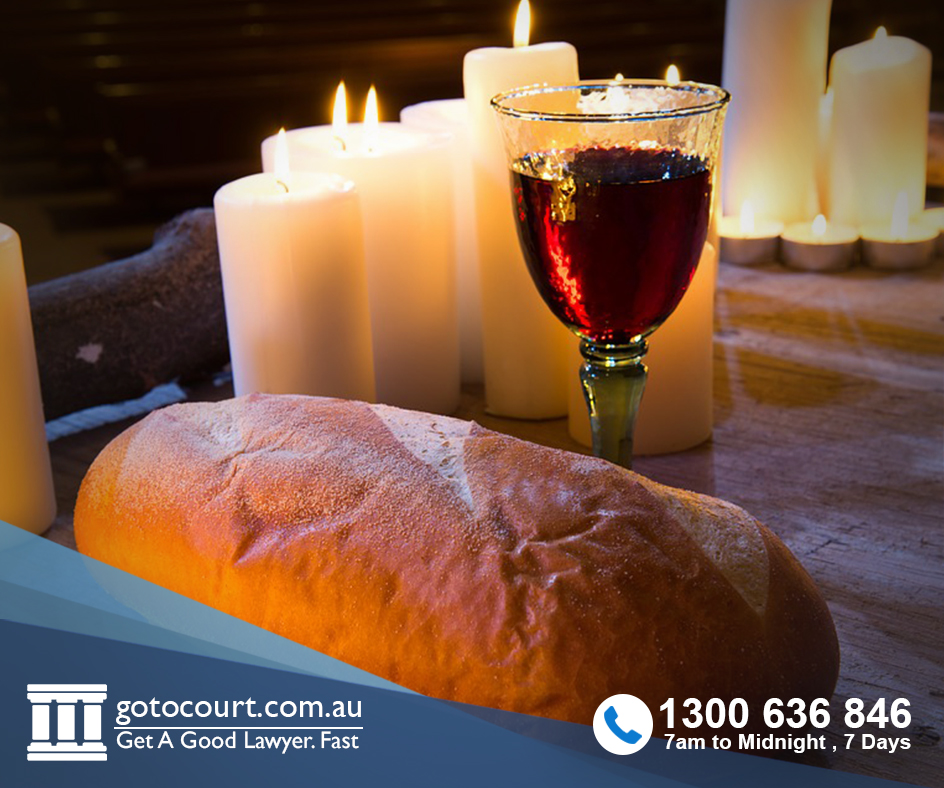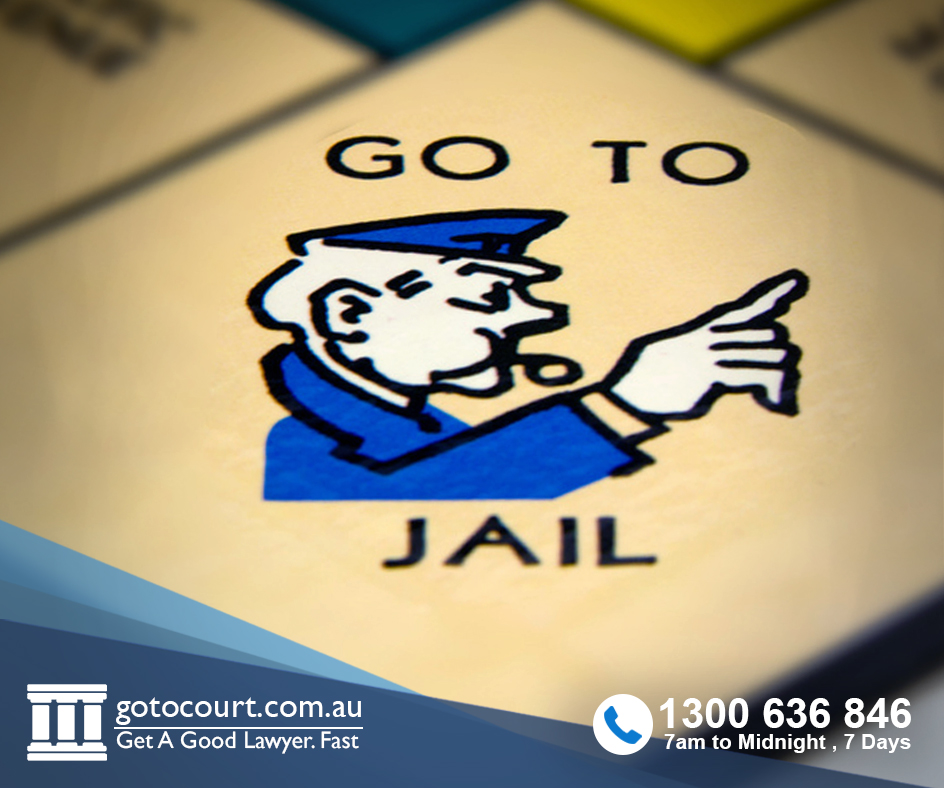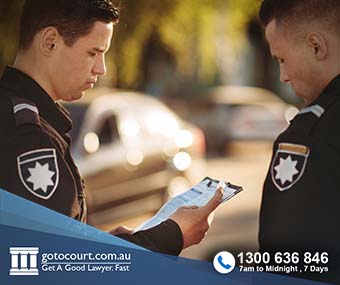Sexual Touching in New South Wales
Sexual Touching in New South Wales
The Crimes Act 1900 contains sexual offences that apply in New South Wales such as sexual assault, sexual touching and sexual acts. Sexual touching is a relatively new offence. It used to be called ‘indecent assault’. This page deals with the offence of sexual touching, the penalties it attracts, and the court processes involved.
The offence of sexual touching
Section 61KC of the Crimes Act 1900 makes it an offence to do any of the following without consent:
- Sexually touch a person
- Incite a person to sexually touch you
- Incite another person to sexually touch the victim
- Incite the victim to sexually touch another person.
This offence carries a penalty of imprisonment for up to five years.
The offence of aggravated sexual touching
Section 61KD of the Crimes Act 1900 makes it an offence punishable by up to seven years imprisonment to sexually touch a person when any of the following circumstances exist:
- The offender is in company with another person;
- The victim is under the offender’s authority;
- The victim has a serious physical disability;
- The victim has a cognitive impairment.
What is sexual touching?
A sexual touching charge can arise from any of the following acts:
- Touching a person’s genital area, anal area or breasts
- Touching a person in a way a reasonable person would consider to be sexual
The sexual touching may be through clothing. It may be done with any part of the body or with an object.
What is consent?
Consent is defined in section 61HI of the Crimes Act 1900 as free and voluntary agreement. A person may withdraw their consent at any time and a person who consents to one sexual activity is not to be taken to consent to any other form of sexual activity.
A person does not consent if:
- They lack the capacity to consent;
- They do not do or say anything to indicate consent;
- They are so affected by alcohol or drugs that they are incapable of consenting;
- They are asleep or unconscious;
- They participate because of fear of force or harm;
- They participate because of coercion, blackmail or intimidation;
- They participate because they are unlawfully detained;
- They participate because of the abuse of a relationship of trust, authority or dependence;
- They participate because of fraud;
- They participate because they are mistaken about the nature or purpose of the act or believe they are married to the person.
Jurisdiction for sexual touching in NSW
Sexual touching matters may be heard in the Local Court or in the District Court. When a matter is finalised in the Local Court, the maximum penalty that can be imposed for a single offence is two years imprisonment.
Should I plead guilty or not guilty?
If you have been charged with sexual touching in New South Wales, you should obtain thorough legal advice before deciding how to proceed. Go To Court Lawyers can provide you with professional and timely advice on:
- The strength of the prosecution case
- Any available defences
- Any mitigating or aggravating factors
- The likely penalty range in your circumstances and with your history
- Whether any of the evidence is challengeable
- Your bail prospects if you have been remanded
Applying for bail on a sexual touching charge
If you have been remanded in custody for sexual touching in New South Wales, Go To Court Lawyers can help you to apply for bail under the Bail Act 2013. A court will decide whether to grant you bail based on whether the magistrate considers there is an unacceptable risk that, if released, you will:
- Fail to attend court;
- Interfere with witnesses or evidence;
- Commit a serious offence;
- Endanger a person.
If the court grants you bail, it may impose bail conditions. These will depend on your circumstances and will be designed to allay any concerns the court has about releasing you. Examples of common bail conditions are not to contact specified people such as alleged victims and to report to the local police at specified times.
If you require legal advice or representation in any legal matter, please contact Go To Court Lawyers.

Affordable Lawyers
Our Go To Court Lawyers will assist you in all areas of law. We specialise in providing legal advice urgently – at the time when you need it most. If you need a lawyer right now, today, we can help you – no matter where you are in Australia.How It Works




1. You speak directly to a lawyer
When you call the Go To Court Legal Hotline, you will be connected directly to a lawyer, every time.

2. Get your legal situation assessed
We determine the best way forward in your legal matter, free of charge. If you want to go ahead and book a face-to-face appointment, we will connect you with a specialist in your local area.

3. We arrange everything as needed
If you want to go ahead and book a fact-to-face appointment, we will connect you with a specialist in your local area no matter where you are and even at very short notice.

















